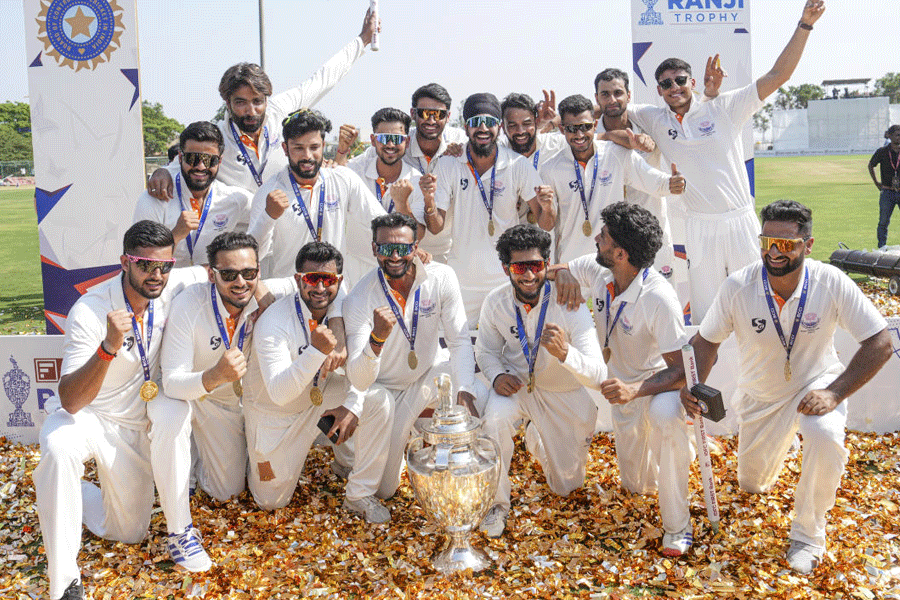 Sunday, 01 March 2026
Sunday, 01 March 2026
 Sunday, 01 March 2026
Sunday, 01 March 2026
The Supreme Court Wednesday indicated that it may order a status quo on waqf properties, including those declared as “waqf by user,” until the constitutional validity of the Waqf Amendment Act, 2025 is decided.
Opposition leaders hailed the court’s scrutiny of the new law, even as the Centre opposed the suggestion and asked for a proper hearing before such an order is passed.
The bench also posed a pointed question to the Centre: would Muslims be allowed to be part of Hindu religious trusts?
"The properties declared by courts as waqfs should not be de-notified as waqfs, whether they are by waqf-by-user or waqf by deed, while the court is hearing the challenge to the Waqf Amendment Act 2025," the bench said.
Reacting to the developments, AAP leader Amanatullah Khan said, "We hope we will get relief on this. I have been the chairman of the Delhi Waqf Board. We don't understand why the DM is being given more powers than the Chairman and the board. We are hopeful that we will get justice from the court."
Mahua Moitra, one of the petitioners, said: "Delighted that SC proposed to stay 3 really egregious aspects of Wakf Act today & asked govt some tough questions. Hoping for full follow through tomorrow on my petition."
Dr Syed Qasim Rasool, spokesperson of the All India Muslim Personal Law Board (AIMPLB), outlined the key concerns: "Two three important things that came, first was about Waqf by user, the SC wanted to know, earlier it used to be done verbally, it was said that any property, if Masjid, it should be used as Masjid, and it is being used for years, it would be considered as a Waqf by user, irrespective of registry, paper. Now the govt put a rider, in case of dispute, it will not be Waqf by user, now they will have to go for registration. Those who do not have the papers, how they will be doing the registry.
The court was trying to know if those properties would be saved. Secondly, the issue of composition, that two non-Muslims would be there, the court asked whether it would be more than two, they denied. Secondly the government's counsel said that there are provisions for women, Pasmanda, the court said there is nothing new in it, it was there. With regards to tribunal, it was said in law that in govt disputes, the tribunal won't be deciding, the court asked if there would be a designated officer appointment by the govt, then in whose favour he will decide, they could not answer properly."
Congress leader and petitioner in the case, Udit Raj, said, "Non-Muslims should also be a petitioner in this case, and as a citizen I have filed my petition. The indication from the preliminary hearing is that the inclusion of a non-Muslim person (in Waqf Council) will be eliminated."
BJP MP Jagdambika Pal, who is the chairperson of the Joint Parliamentary Committee that examined the Waqf (Amendment) Bill 2024 criticised the opposition to the new law.
"AIMPLB is continuously provoking people. The law has passed, and the application has been submitted to the Supreme Court, so why are the protests taking place? They clearly don't want the backward classes, poor and women, to get a place in the Waqf Board or its benefits. The government has brought this Bill for the benefit of Muslims. The income of Waqf hasn't been used to build schools and colleges; it even cannot pay salaries to its employees."







